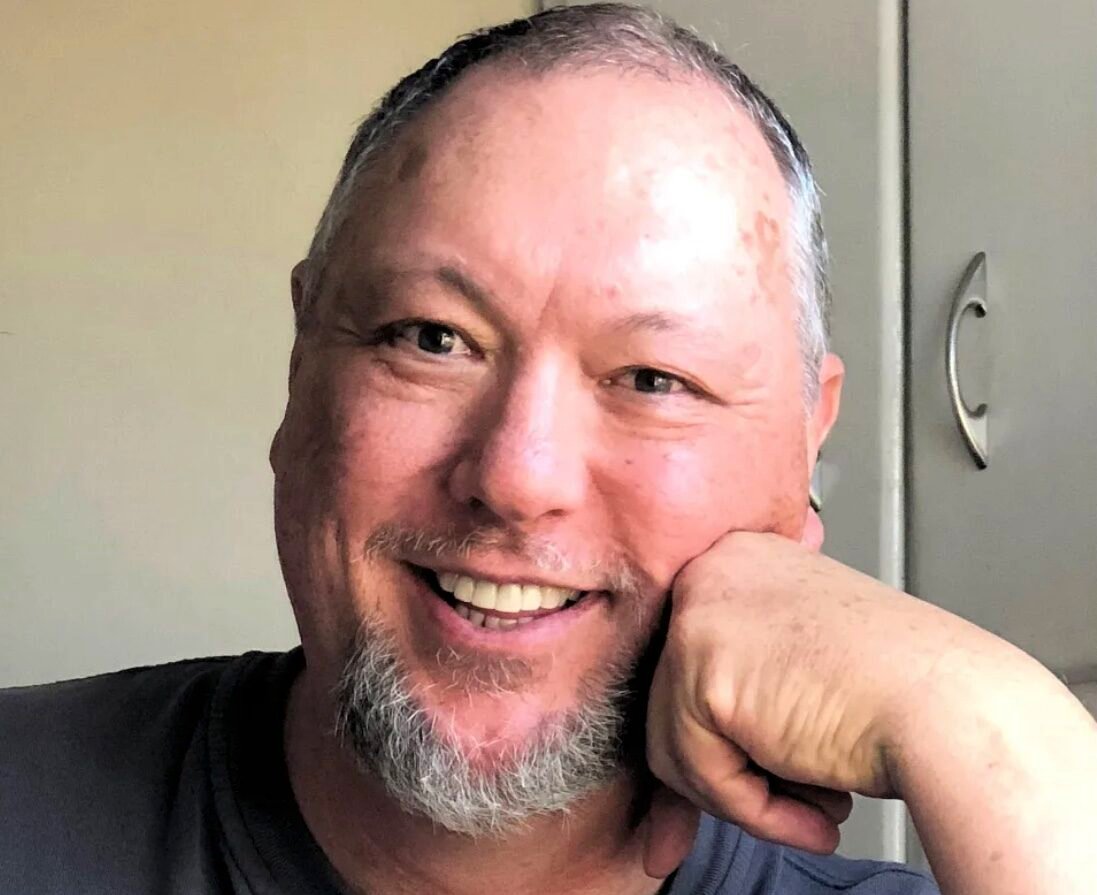by Herman Garcia

In the Tri-Cities area, we face a significant issue with racial profiling by law enforcement. This problem became painfully clear during the trial of the eight immigrant farm workers arrested in Washington County. The outcome of this trial should serve as a wake-up call and a lesson for our community about fairness, justice, and the dangers of prejudice.
Some might ask why this case matters beyond Washington County. The answer lies in the way biases—whether in policing, media narratives, or public perception—have seeped into our society.
When I first arrived in Johnson City, I witnessed how these biases are cultivated. Political ads flooded the airwaves, warning of MS-13 gang members bringing drugs, guns, and violence into our area. These messages weren’t isolated; they were constant, insidious, and inflammatory.
It wasn’t long before these fears materialized into something dangerous. I recall a specific incident on State of Franklin Road near ETSU. Sirens blared across the university as an alert went out: an “armed Mexican” was reportedly threatening the area. I turned on the TV to find the same warning, cautioning residents to stay inside. Fear rippled through the community.
Hours later, it was revealed that the so-called “armed Mexican” was, in fact, a white man with a dark tan—and the supposed weapon? A shovel.
When I asked Chief Turner why no public correction was issued, he claimed it was a media mistake, not a police error. But the damage had already been done: the narrative had reinforced stereotypes, leaving the community more divided and distrustful.
Fast-forward to the trial of the eight immigrants. This case began in the chaotic aftermath of Hurricane Helene, when floodwaters displaced homes and lives. A trailer home was swept nearly a mile from its foundation.
A friend of the trailer’s owner, seeing people on the property, called the police and described one individual as a “man of color.” Officers arrived and arrested eight men—all farmworkers who had legal authorization to be on the land.
Here’s what didn’t happen:
• The police didn’t ask if the men had permission to be there.
• They didn’t bring an interpreter to communicate with the workers.
• They didn’t read the men their Miranda rights.
Instead, they arrested every person of color they saw. Other individuals were present, but because they were white, they weren’t questioned, let alone detained.
During the trial, the facts unraveled. The trailer’s owner testified that the workers had been instructed to assess the hurricane damage on his behalf. No evidence of criminal activity was presented. Yet the case wasn’t about evidence—it was about bias.
Even after the charges were dismissed, one officer expressed anger, claiming the judge had decided in advance to throw out the case. This statement reveals a troubling mindset: a refusal to see justice when it clashes with one’s personal prejudice.
This trial should concern us all. No one—regardless of race, ethnicity, or immigration status—should fear being profiled or wrongfully accused. Yet for people of color, this fear is a daily reality. Political rhetoric and media narratives have created an atmosphere of suspicion and hostility, where some officers act on assumptions rather than facts.
Law enforcement officers take an oath to serve and protect all members of society. That oath must mean something. Officers must be held to a higher standard: to treat every person equally under the law, to avoid rushing to judgment, and to remember that every individual is innocent until proven guilty.
If this case teaches us anything, it’s that we must confront these issues head-on. The Tri-Cities community has an opportunity to lead by example. Let us push for:
• Increased cultural competency training for officers.
• The hiring of bilingual staff and interpreters.
• A commitment from media outlets to avoid perpetuating harmful stereotypes.
• Accountability for officers who act on bias rather than evidence.
We are at a crossroads. As the election ushers in a new era, we must decide what kind of community we want to be. Will we allow fear and prejudice to guide us? Or will we build a future where trust, fairness, and equality are more than empty promises?
The eight farmworkers may never forget what happened to them, but we, as a community, can ensure it doesn’t happen again. Justice isn’t just an abstract ideal—it’s a responsibility.
And it’s time we take it seriously.
— Herman Garcia
Note: Herman Garcia is a bilingual interpreter active in civil rights and social justice issues East Tennessee, and is and active member of the Washington County Tennessee Brady Organization. The photo above is from Newsweek.
